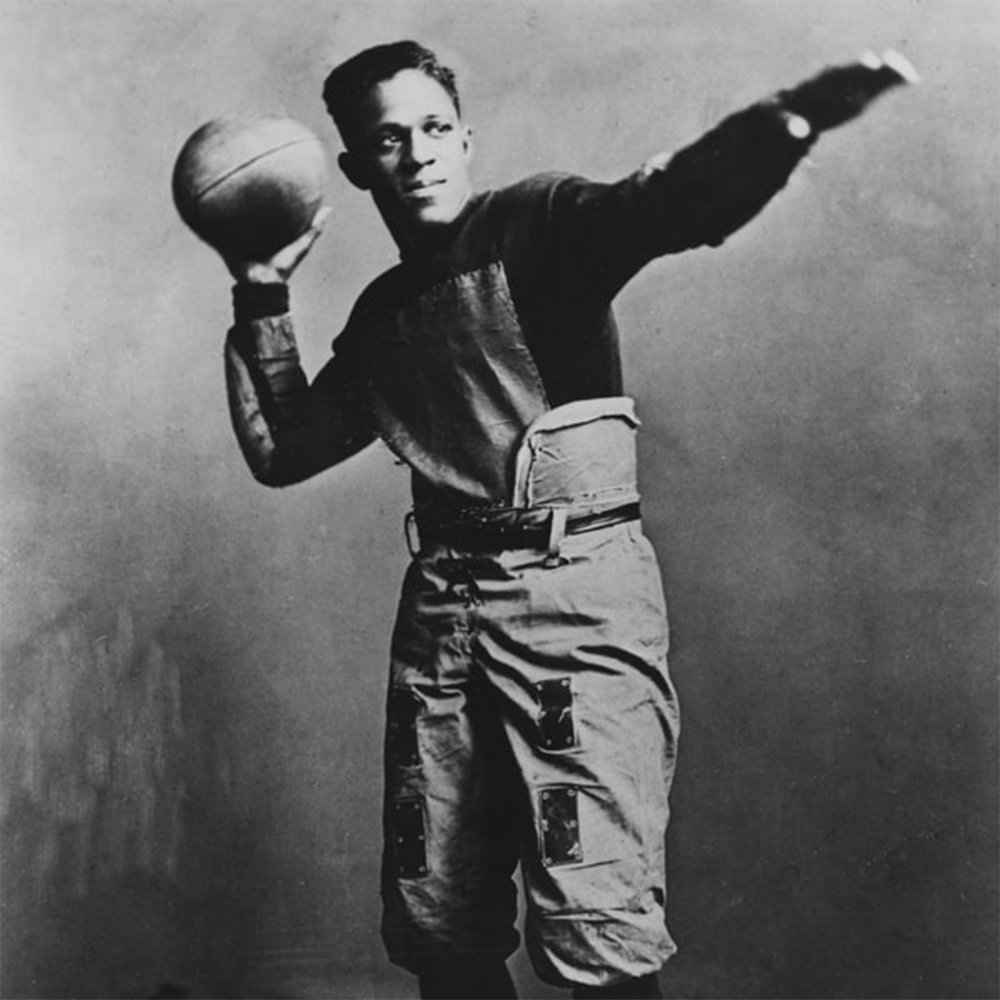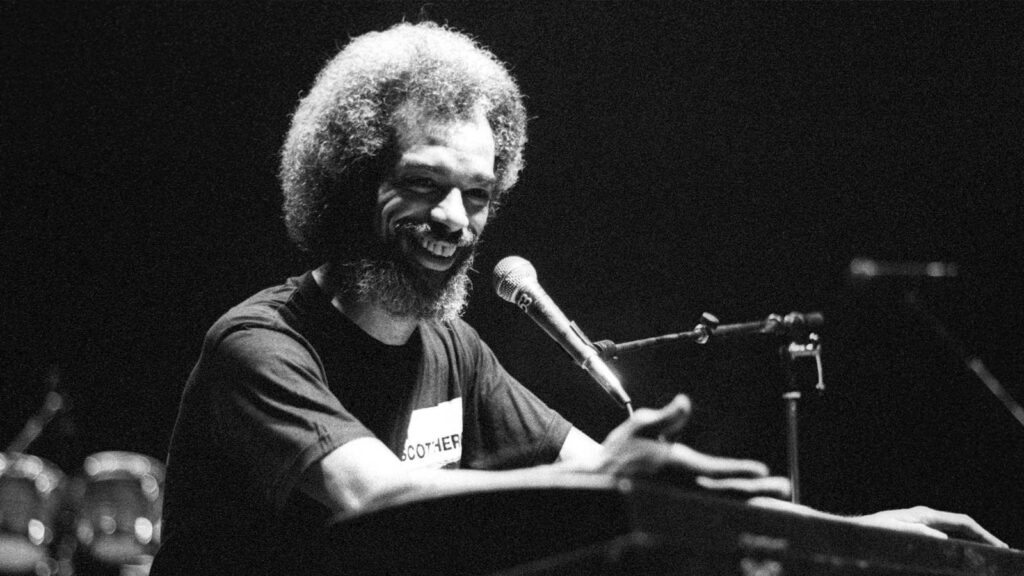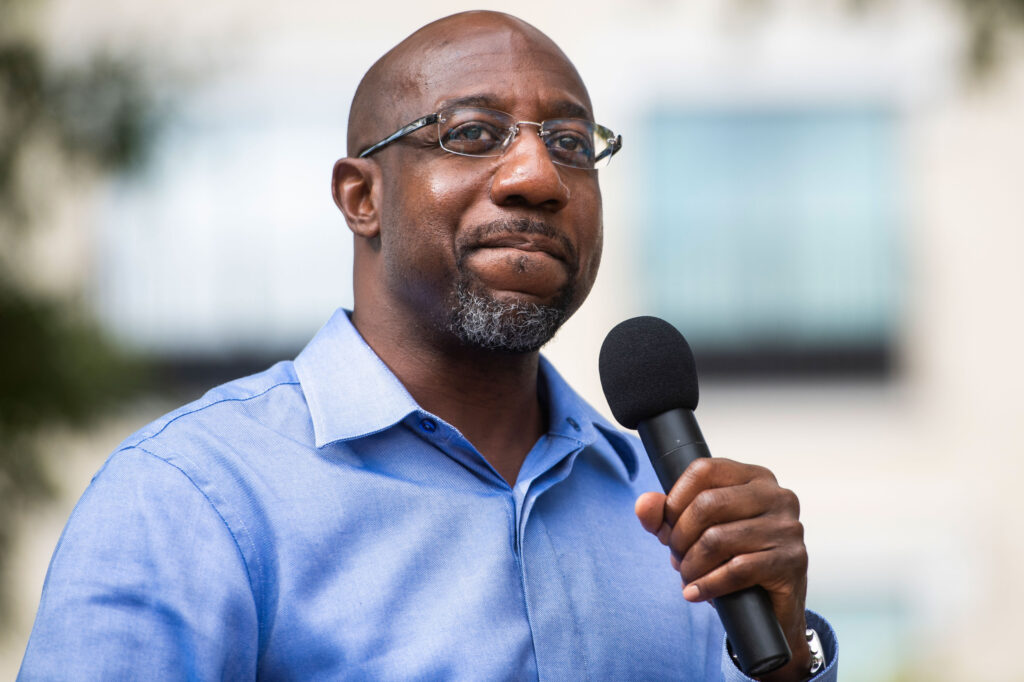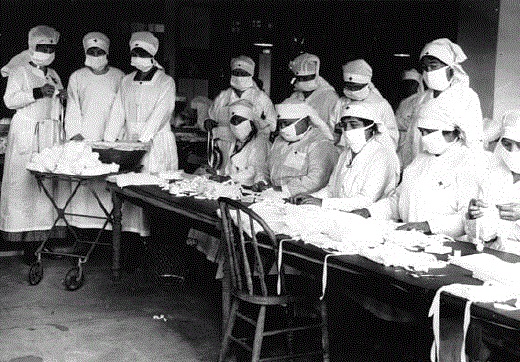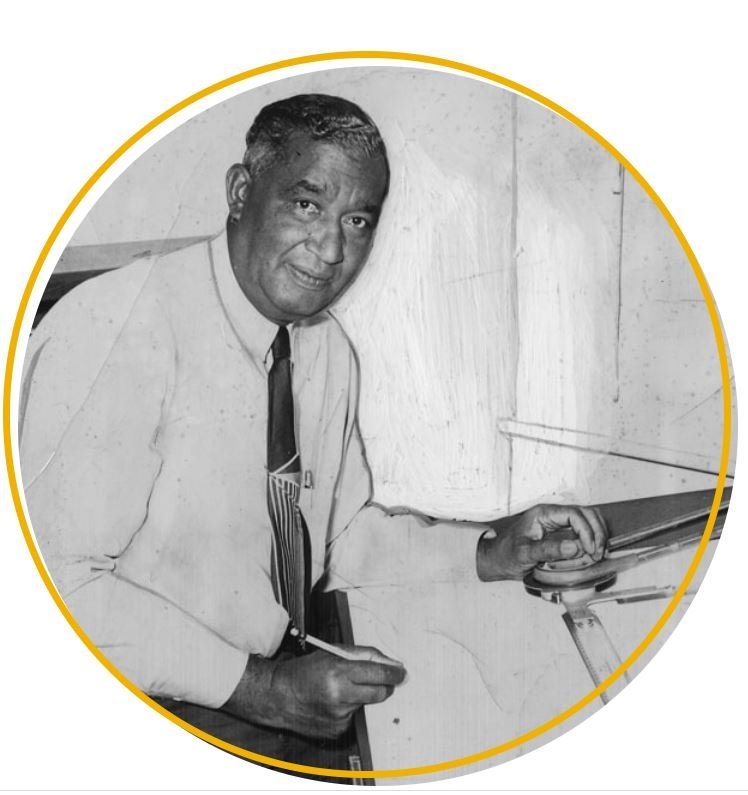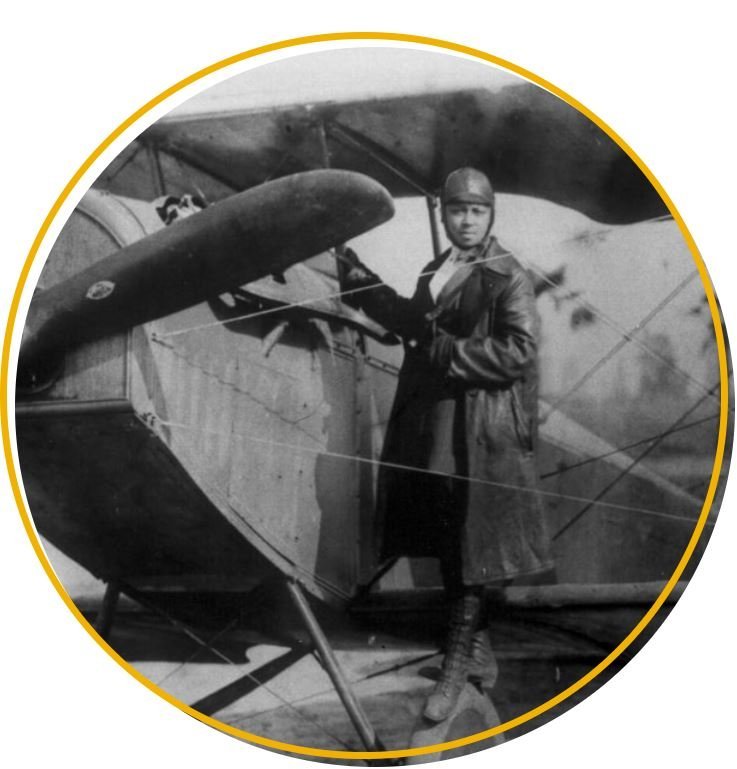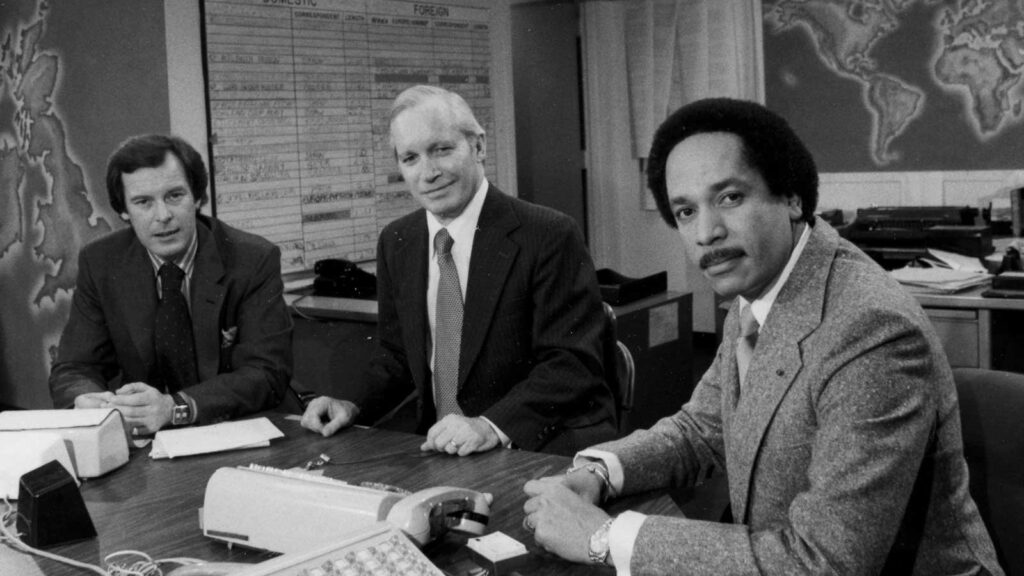Black History Month: Fritz Pollard
By Amir Vera The son of a boxer, Fritz Pollard (1894-1986) had grit in his veins. At 5 feet, 9 inches and 165 pounds, he was small for football. But that didn’t stop him from bulldozing barriers on and off the field. Pollard attended Brown University, where he majored in chemistry and played halfback on the football team. He was the school’s first Black player and led Brown to the 1916 Rose Bowl, although porters refused to serve him on the team’s train trip to California. After serving in the Army during World War I, he joined the Akron Pros

